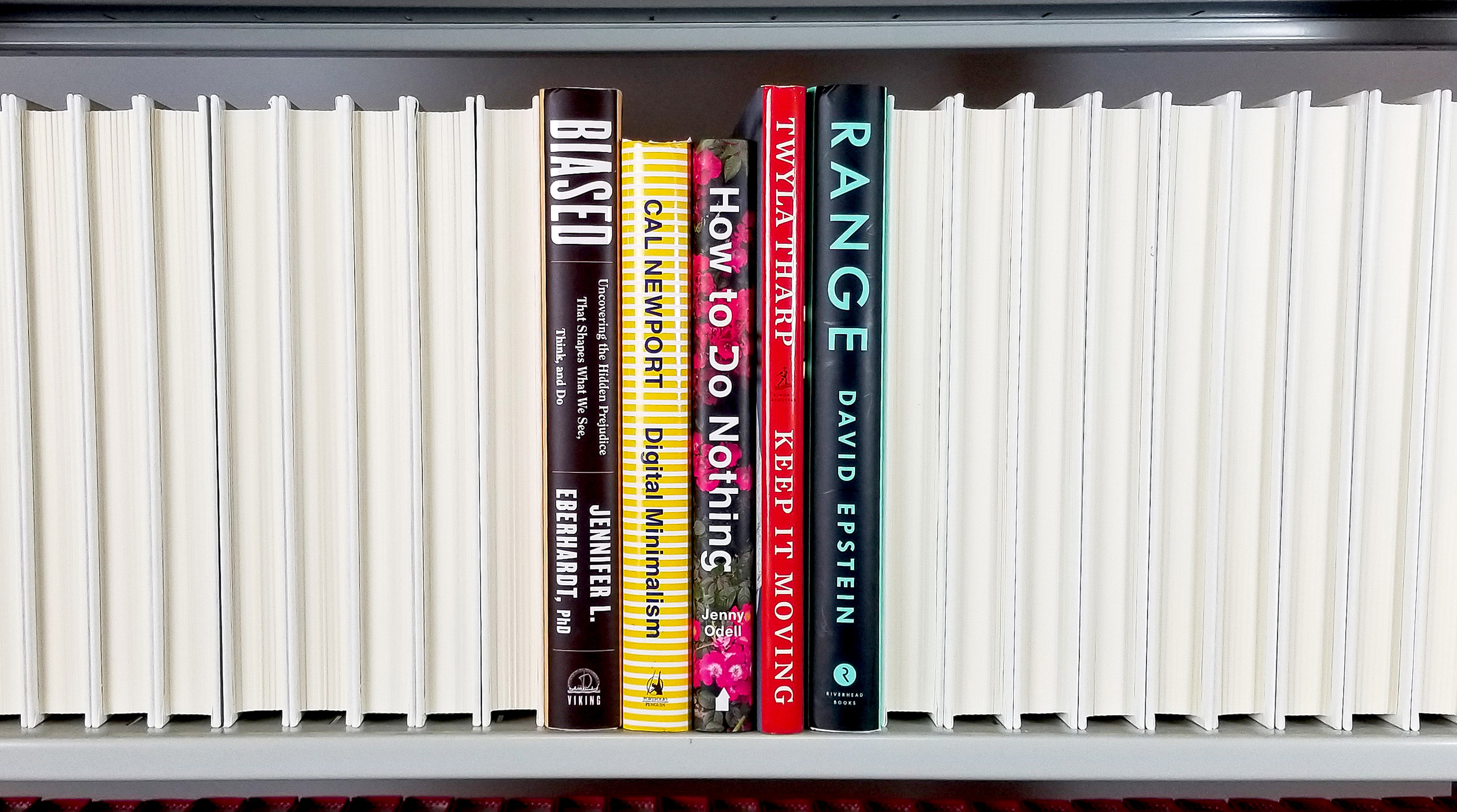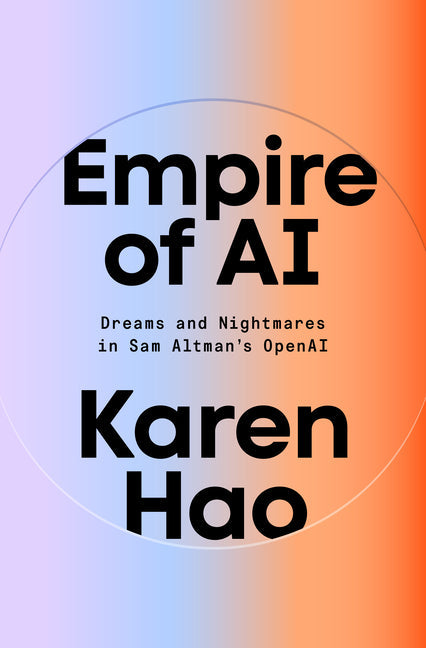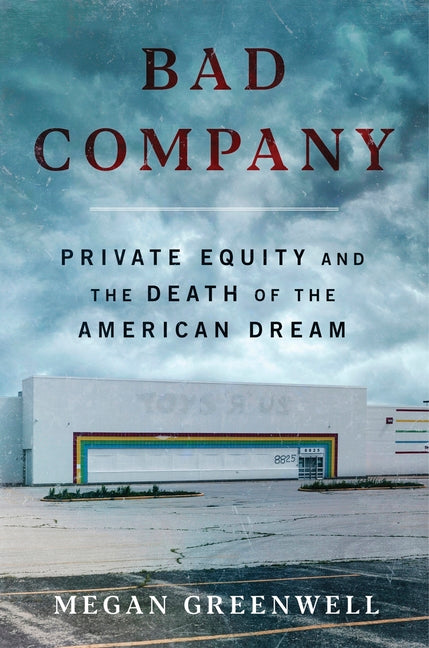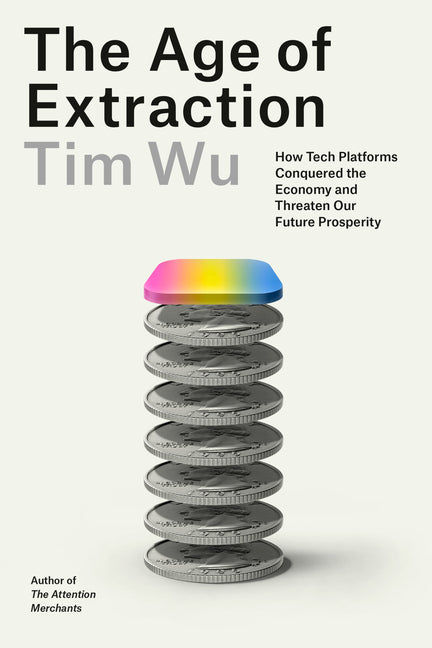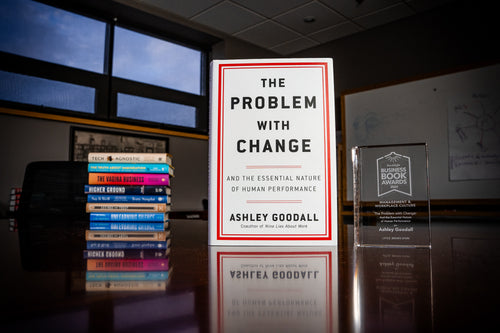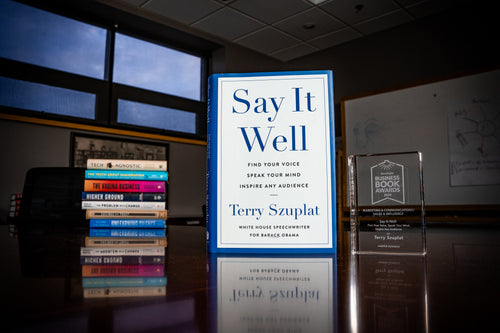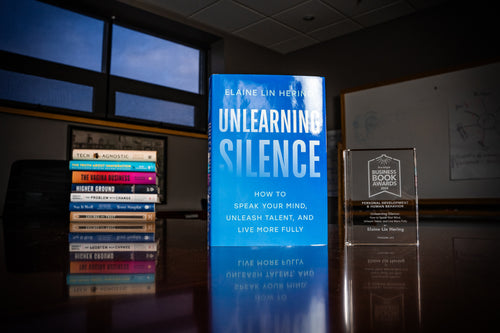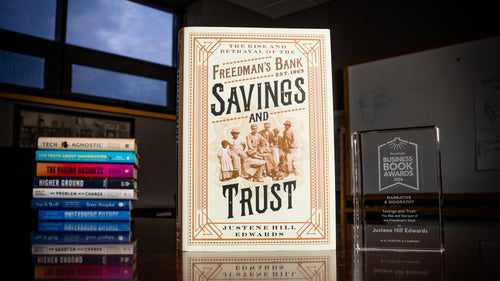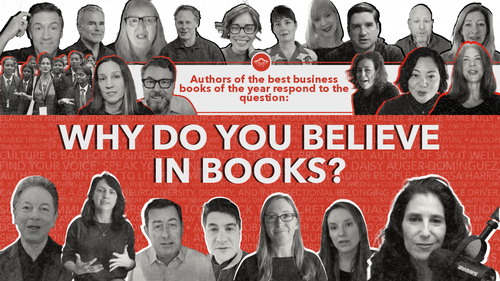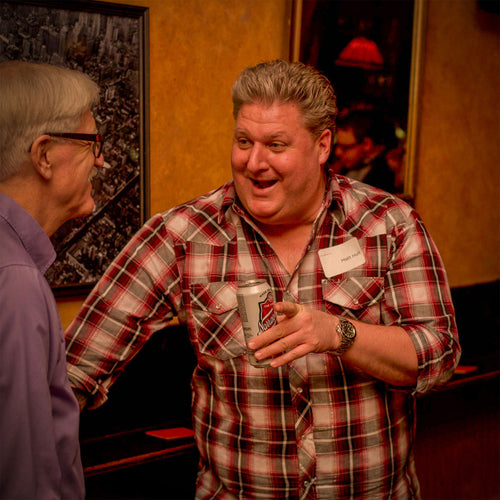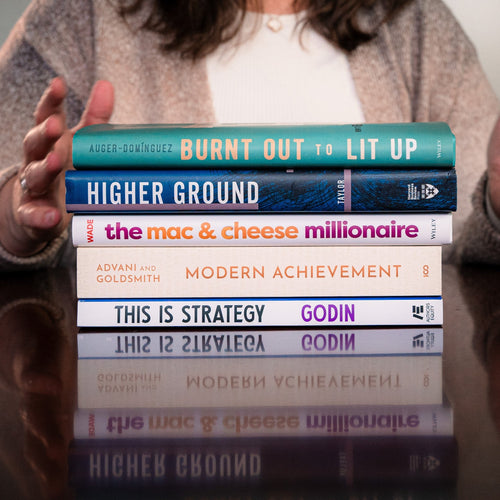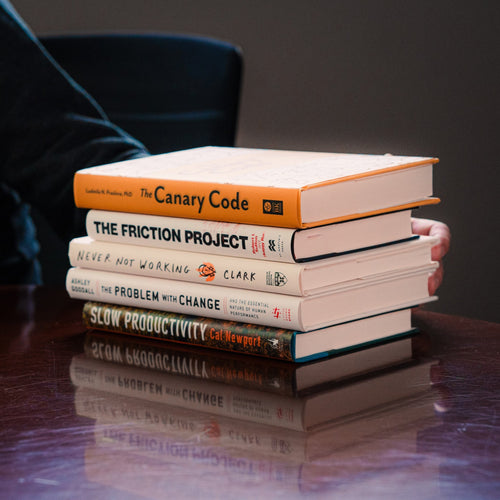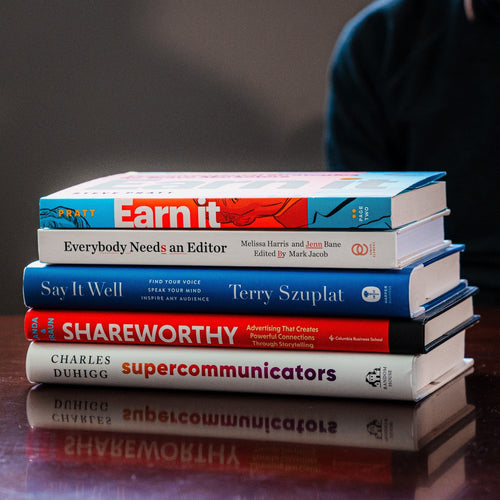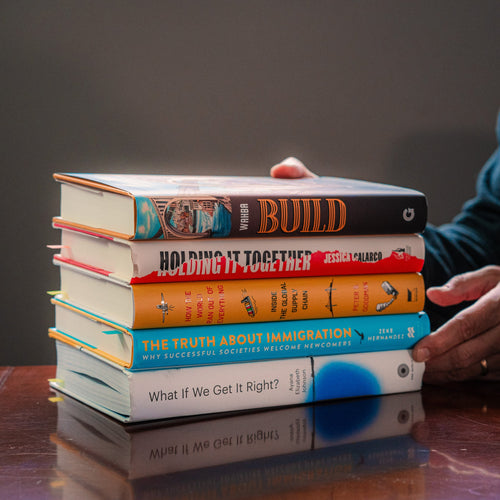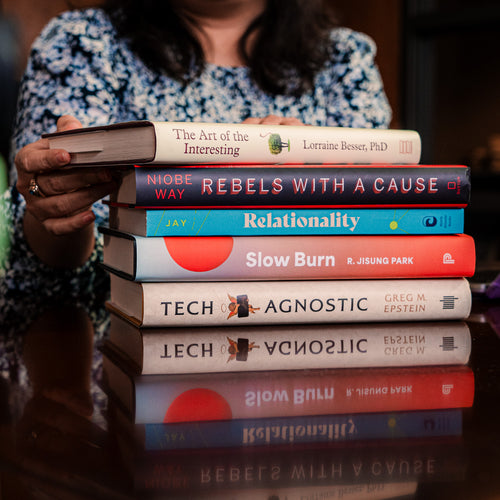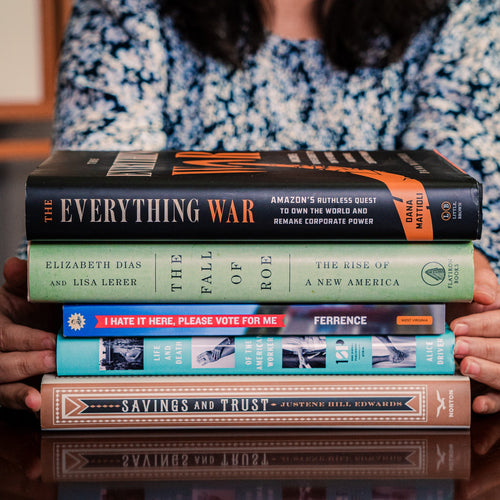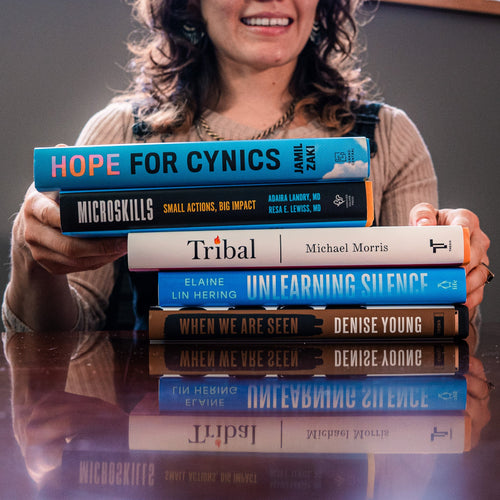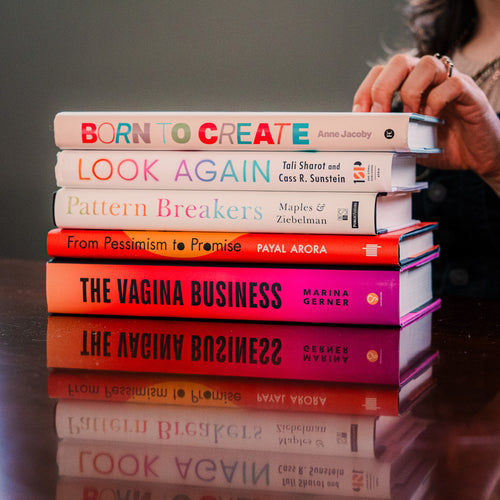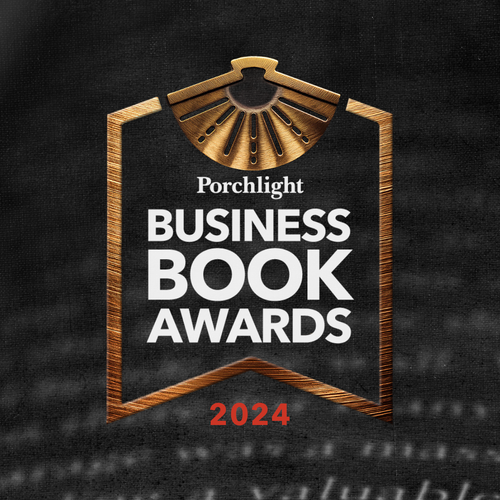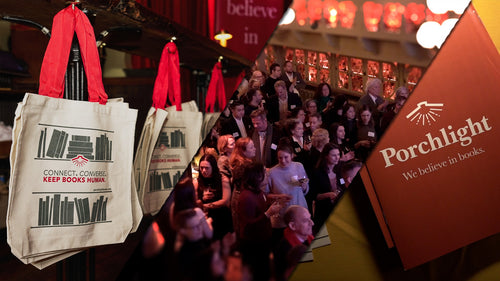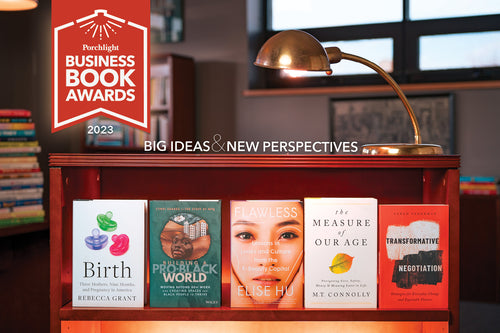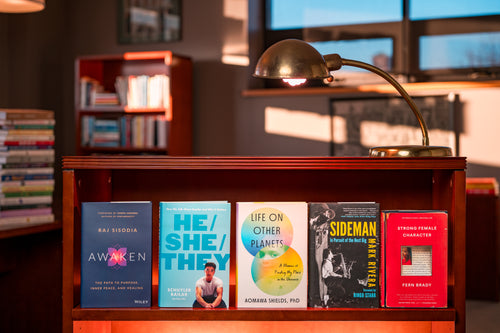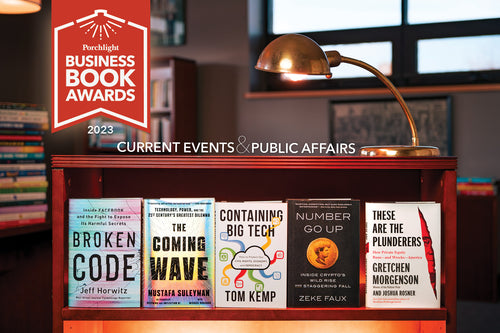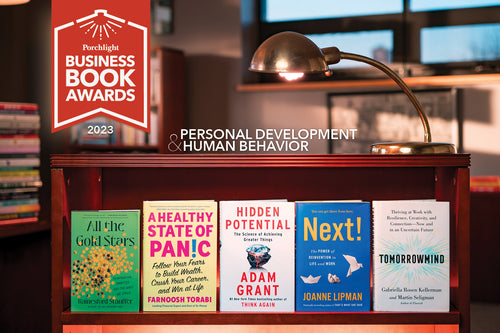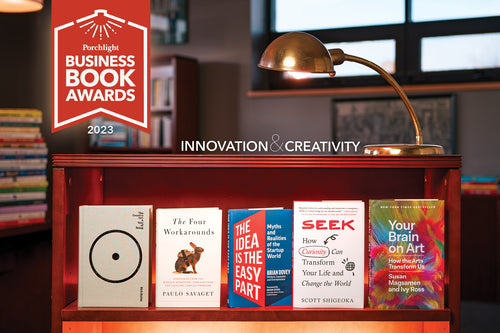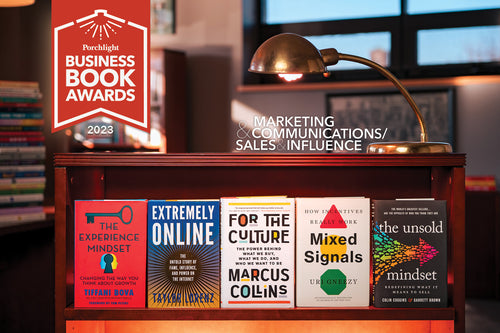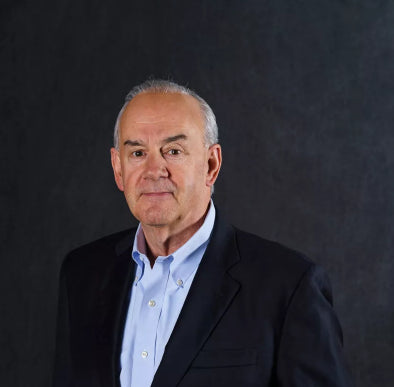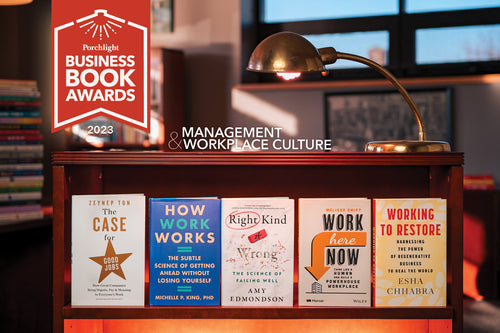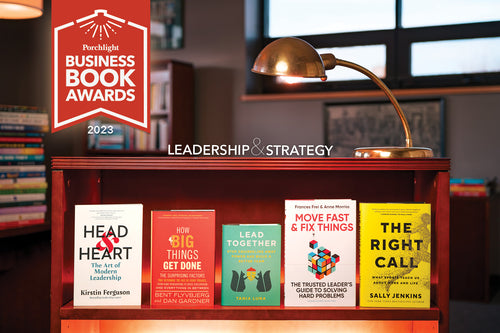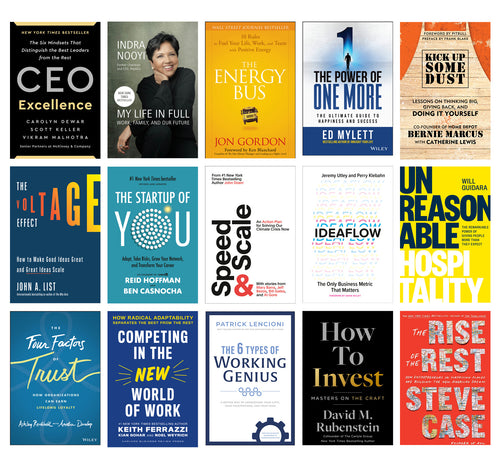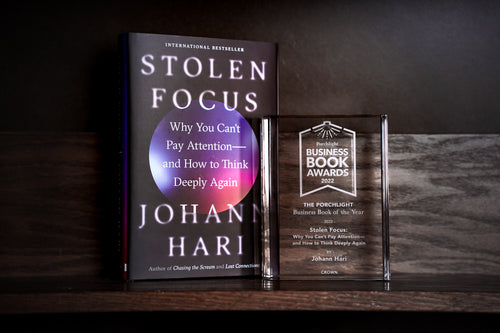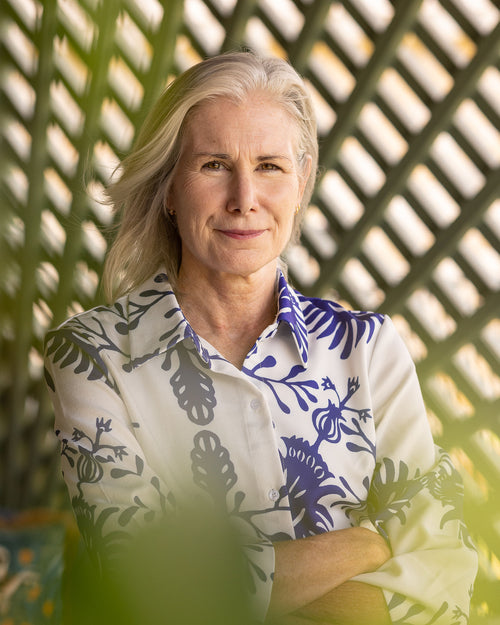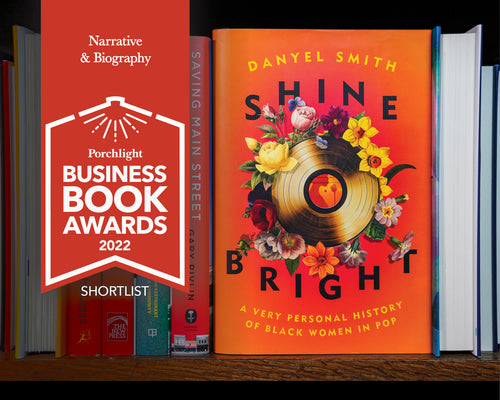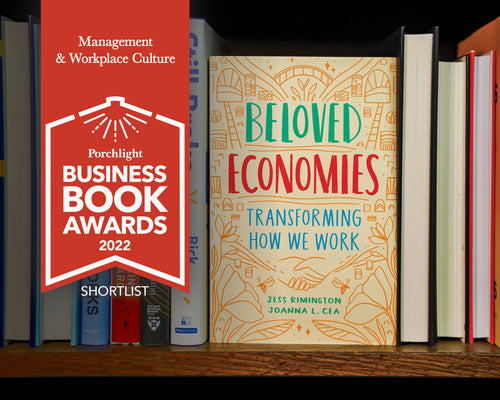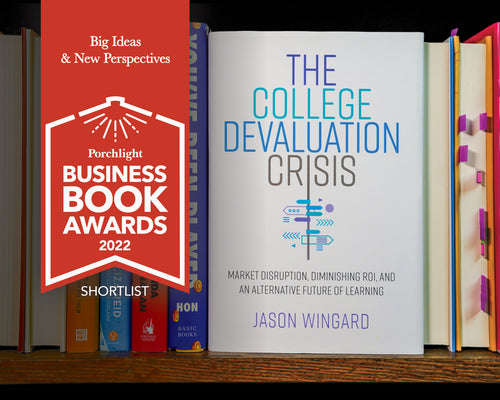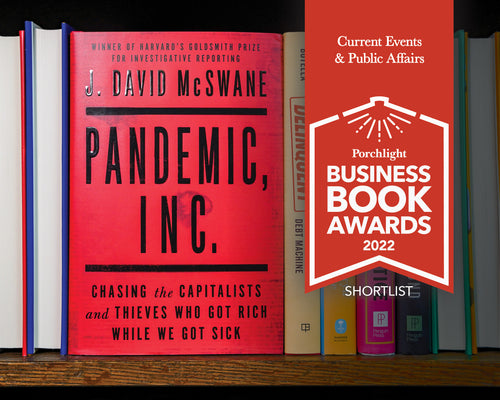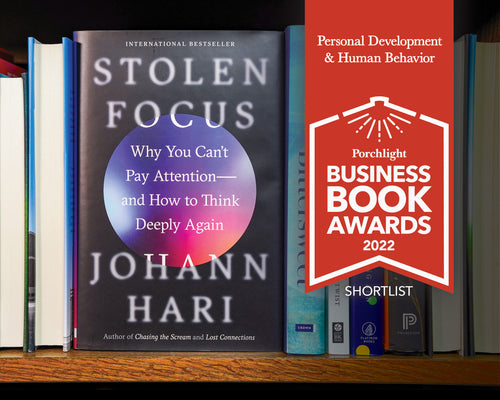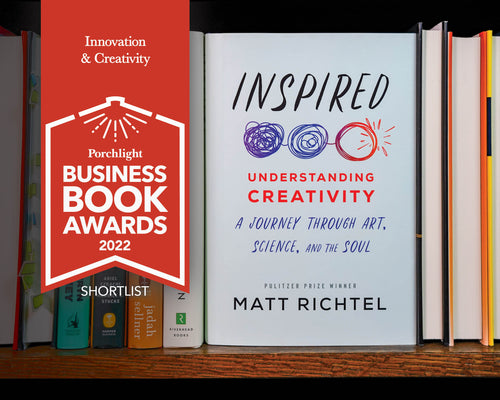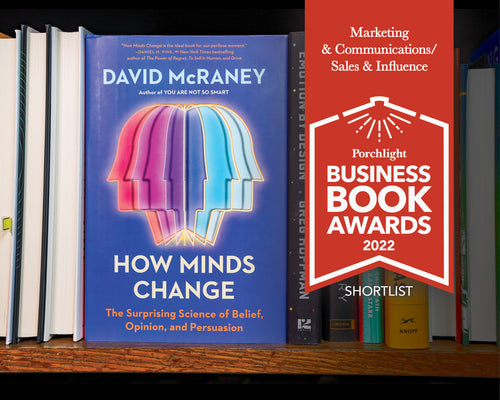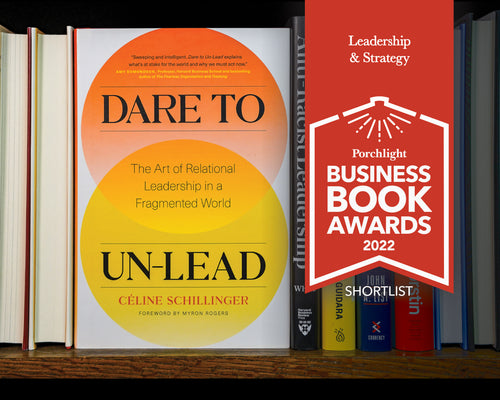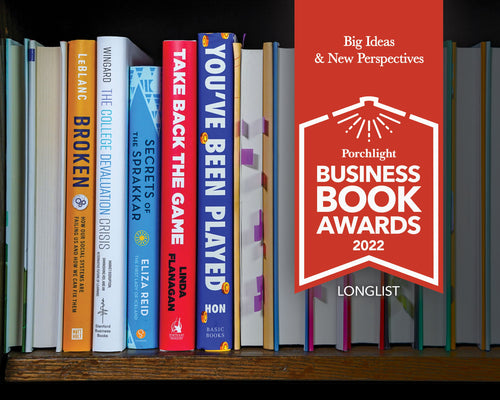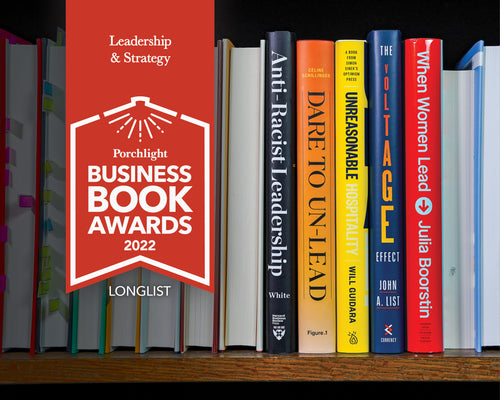Inside the 2019 Longlist: Personal Development & Human Behavior
This is my third year judging our Personal Development & Human Behavior category, the one that usually gets the most submissions to our awards. And while the stack of books on my desk each fall can be daunting, at the end of the process I am always incredibly grateful to be able to immerse myself in so many books that aim to help us become not perfect, but better. There were so many worthy contenders this year, but these are the five books that grabbed a hold of me and wouldn’t let go. Spanning from civil rights and technology to aging and learning, I hope they speak to your struggles and joys as well.

Biased: Uncovering the Hidden Prejudice That Shapes What We See, Think, and Do by Jennifer L. Eberhardt, PhD, Viking
Dr. Jennifer Eberhardt, Stanford University professor, MacArthur “Genius Grant” recipient, and longtime leader of anti-bias initiatives for corporations and law enforcement professionals, starts her book not with data and case studies, but rather a simple family story. Years ago, she was flying with her then-five-year-old son when he pointed to a fellow passenger and said, “That guy looks like Daddy.” She looked over at the man—much shorter than her husband, dreadlocked where her son’s dad was bald—and quickly noticed the only similarity was that they both were black. Just as this registered for Eberhardt, her son followed up with “I hope that man doesn’t rob the plane.” Just a few short pages into this remarkable book, I had to put it down for a moment and hold my head. Thus starts Biased, the book that breaks down for us why “you don’t have to be racist to be biased.” No, you only have to be a person in our world, observing and learning from the behavior of others as it relates to race—just like her young son did. Eberhardt’s book outlines how the experiences we have as individuals can structurally change our brains on a neurological level, how these biases are transmitted to others, and how we can, as individuals and organizations, work against these forces to upend our own biases. This is critical work for our turbulent times.
Digital Minimalism: Choosing a Focused Life in a Noisy World by Cal Newport, Portfolio
Like many middle-aged people, my first mobile phone was not a “smartphone” as they were once called. It was a Sony Ericsson “candy bar” phone, that made calls, snapped grainy photos, and, after clicking each number up to three times to choose a single letter, sent short text messages. It might have done a few more things, but nothing that I found that interesting or important. I remember the day my friend with an iPhone sheepishly admitted to me that she kept it next to her as she slept. I was mind-boggled. Why would you need your phone to be that close to you when you weren’t even awake to use it? Cut to many years later, and my charger is permanently on my nightstand, where I use my phone to wake me in the morning, turn down my heat at night, and take 4K video of my dog as she runs in her sleep. If you, like me, struggle with the encroachment of the digital realm into more and more aspects of our physical lives, Cal Newport’s new book is for you. His concept of “Digital Minimalism” is not a wholesale rejection of the internet age, but instead is a “philosophy of technology use, rooted in your deep values” that will then make clear how you want to include, or more importantly—not include—technology in your life.
How to Do Nothing: Resisting the Attention Economy by Jenny Odell, Melville House
It seems like most of our days are spent in a permanently reactive stance—responding to emails and texts, pings, pokes, and prods. Being “responsive” is the ultimate compliment; it is synonymous with being productive and valuable. It is is how we prove our worth to our employers, and thus society at large. But what if we refused to return those balls that are lobbed at us all day long? What if we “did nothing” in terms of the capitalist framework we live within? Artist and Stanford University professor Jenny Odell wrestles beautifully with this question in How to Do Nothing, her richly layered discussion of technological disruption, notions of productivity, and civic engagement. How can we connect more deeply with each other? How can we work together for societal change? Life-changing and community-changing work requires deep, unbroken attention, and so we must develop a new relationship with the digital tools designed to continuously and systematically disrupt that focus. Our attention is a gift. Our attention is what knits us to those around us. Odell’s book is based on “a refusal to believe that the present time and place, and the people who are here with us, are somehow not enough,” and will help you pay attention to what really matters.
Keep It Moving: Lessons for the Rest of Your Life by Twyla Tharp, Simon & Schuster
Dancer and choreographer Twyla Tharp’s first book was all about habit—The Creative Habit to be precise. In it, she advocated for establishing an every day routine to nurture ongoing creation. Now at age 78, Tharp is rethinking that premise in her new book, Keep It Moving: “I’ve always been an advocate of habit—but with time, unchecked or unnoticed habits will hold you back.” She continues: “What if you were to make change your actual habit instead?” Just like her first book, this one is filled with great stories from Twyla’s life, no-nonsense insights, and incredibly helpful exercises to help you jump right into the river of change that we swim through in life. Although this book is a guide for those of us lucky enough to hang around this world for a good number of years, it is emphatically not a book about chasing youth. For Tharp—and all of us—that is a losing proposition. Rather, it is about moving your body and moving your mind. Successful aging requires both kinds of movement. And even though that specter of aging (and thus, death) looms over every page, this book will make you feel truly alive.
Range: Why Generalists Triumph in a Specialized World by David Epstein, Riverhead Books
When my younger brother was in elementary school in Grand Forks, North Dakota, he got a prize for participating in every sport (including wrestling!) during his fifth-grade year. Thirty-plus years later, his own sons are playing only basketball year-round, participating in summer camps at local colleges and traveling around the region with club teams. This move towards intensive specialization is not, of course, limited to sports. We see it in college, where the “undeclared major” is a rarity, and in the professional world, with increasingly detailed lists of requirements on job descriptions. But is this really what makes us successful in today’s world? In this, his second book, former Sports Illustrated senior editor David Epstein sets out “to explore … how to capture and cultivate the power of breadth, diverse experience, and interdisciplinary exploration, within systems that increasingly demand hyperspecialization,” finding that “research in myriad areas suggests that mental meandering and personal experimentation are sources of power, and head starts are overrated.” Here at our company, we strongly believe in Epstein’s hypothesis. When we are not selling and reviewing books, we are playing music, writing novels, teaching yoga, performing in drag, weaving curtains, making films, DJing around the country, forging jewelry… the list goes on and on. And we know that these other lives we live only make us better at getting books to you.
